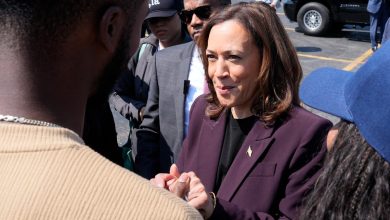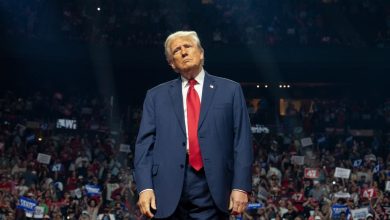Biden campaign officials were confident before he debated Trump. Then the walls came crashing down
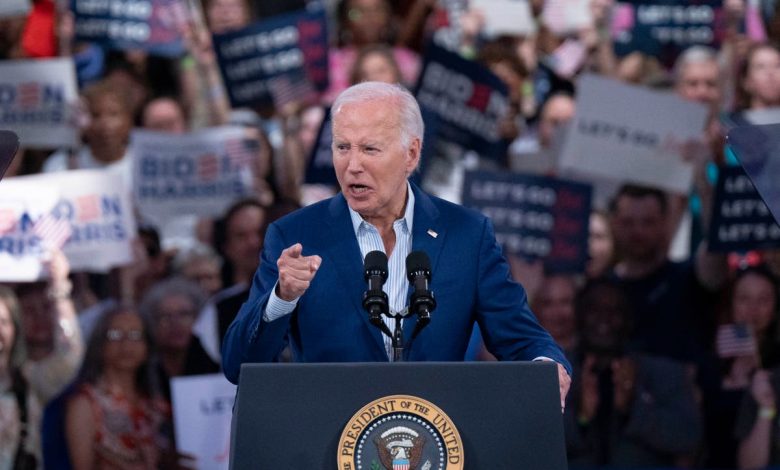
Many of Joe Biden’s advisers had doubts about him holding a presidential campaign debate, arguing that it would merely give Donald Trump a national platform for melodrama. Better, they said, that Trump be left to make outrageous and bizarre comments to his Maga crowds that could be held up to ridicule.
It was Biden himself who, to the surprise of many, announced in April, in an interview with shock jock Howard Stern, that he would debate his Republican opponent in waiting.
Some in his team agreed that this was, indeed, the way to go forward. Biden had given a masterful State of the Union address just a month earlier. The president had just come back from the D-Day anniversary in France, showing leadership of the free world – an alliance that would be greatly at risk under Trump, it was to be forcefully pointed out.
A decisive performance in the debate, they felt, would help to boost his hitherto desultory polling figures.
The decision was taken not only to take part in a debate, but to hold it early, in June, months before such an event would normally take place in a US presidential election.
Very little was left to chance, according to a former senior Obama official who was asked to help in the Biden campaign. The timing, the topics, the venue, he told me, had all been carefully prepared.
The debate would be held around the second anniversary of the repeal of Roe v Wade by a Supreme Court under the influence of Trump appointees. The removal of women’s right to choose to terminate a pregnancy, enshrined in law since 1973, had seen a drop in support for the Republicans among female voters, and it was felt that holding the debate at this time would help to lock in their votes for the Democrats.
“That makes great sense, a no-brainer,” said the official just before the debate. “The Republicans are focusing on men. It was white working-class men who got Trump his win in 2016. It was Biden getting some of them back which got him the win in 2020. Now Trump is focusing on disaffected men, Black and Hispanic as well as white. We are pretty convinced he’ll go for a male running mate.” The last point was not surprising; JD Vance was already being talked about as the strongest contender.
That was alright with the Democrats, said the official, as they were concerned about someone else being picked. “The real worry is [that Trump will choose] Nikki Haley, then he covers all bases and we’re in trouble. But he isn’t going to do that, luckily. The main thing now is to have a proper structure [to the debate] – we can’t have the nonsense that took place last time.”
Biden’s team rejected the plan set out by the Commission on Presidential Debates, which had allowed Trump to take part in the 2020 debate despite having Covid-19 – a debate in which he was allowed to get away with repeatedly interrupting Biden. They chose, instead, a host that was likely to be more sympathetic – CNN. There would be no raucous Trump-cheering audience; moderators would challenge Trump when necessary; and there would be a mute button.
There were lengthy prepping sessions and mock debates in which Biden supposedly performed well. He had a cold, worse than was admitted, but pulling the plug on the debate for that, it was felt, would be seized on by his enemies as a further sign of his chronic poor health.
Biden performed disastrously in the debate on 27 June in Atlanta. Abortion rights hardly took centre stage, and the president fumbled when the topic did come up, as he did with other topics. Trump’s falsehoods – as he stated, for instance, that restoring Roe v Wade would allow Biden to “take the life of the baby in the ninth month and even after birth” and “rip the baby out of the womb in the ninth month and kill the baby” – were not rebutted anything like robustly enough.
Biden and his team tried to dismiss the debate as just a “bad night”. They blamed fatigue brought on by overseas travel. He was on the campaign trail and delivering a coherent energetic speech. He said there would be another debate with Trump; that he would go on to beat Trump in the election.
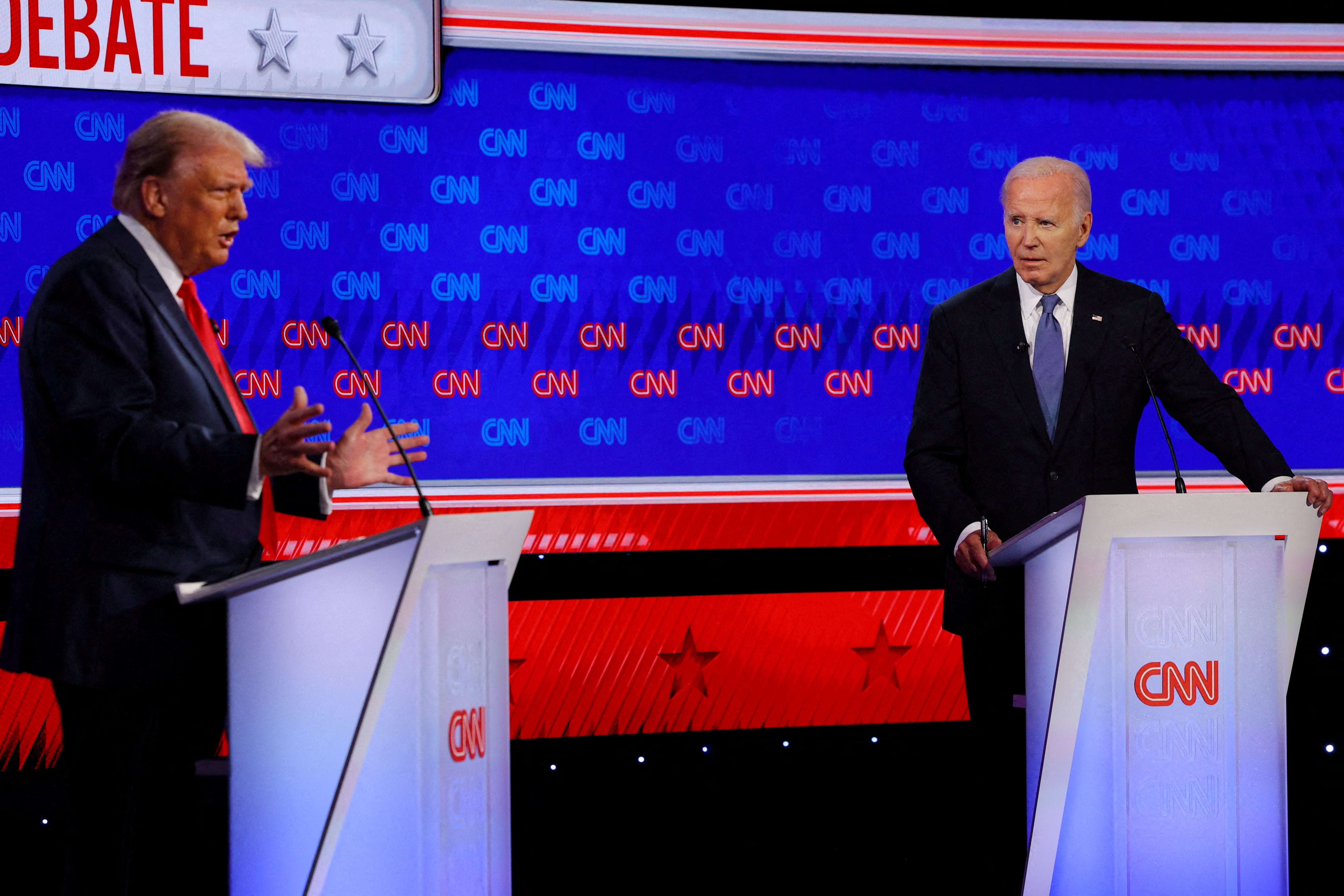
There was immediate criticism over the debacle. John Morgan, a Florida-based lawyer and an important Biden fundraiser, said: “He was over-coached and over-practised, and put in a venue that was conducive for Trump and not for him. Those responsible should be fired and never let anywhere near the Democratic campaign again.”
Morgan put the blame chiefly on Anita Dunn, one of the president’s senior advisers, and her husband Bob Bauer, the president’s lawyer – and a supporter of holding the debate – who had played the part of Trump in the rehearsals.
Recriminations, however, were being spread widely. One Biden staffer said: “Potus [President of the United States] has a big team, but he depends on a small core of advisers. This is not unusual for the White House. But it wasn’t just down to one or two people. What I personally do know is that, within 24 hours, we were getting calls from fundraisers, saying donors were freezing their money. At one point, we heard about around $100m (£77m) in donations being frozen. They wanted change; they thought that with the president staying on the ticket, the House and the Senate would be gone as well.”
Three weeks went by in which the president dug in, insisting he could serve a second term. He retreated to his Delaware home in Rehoboth, with his inner circle having shrunk to his family and his few closest aides. Then came the announcement that Biden was suffering from Covid.
There was now palpable anger among Democratic Party officials, present and past. Brett Bruen, a former US diplomat who was director of global engagement in the White House, was acerbic in his analysis of what went wrong.
“We’ve had concerns about the insular nature of this White House since they started in office. We are now seeing their worst tendencies on display. An astonishing unwillingness to speak truth to the president, an alarming tendency to lash out at anyone who questions their course of action,” he said.
“Biden ought to be thinking now about his legacy, and about the damage he’s doing to the party, because this has been a really selfish exercise that bordered on outright ridiculousness, with both the president and some of his advisers and supporters in Congress trying to justify the unjustifiable,” Bruen added.
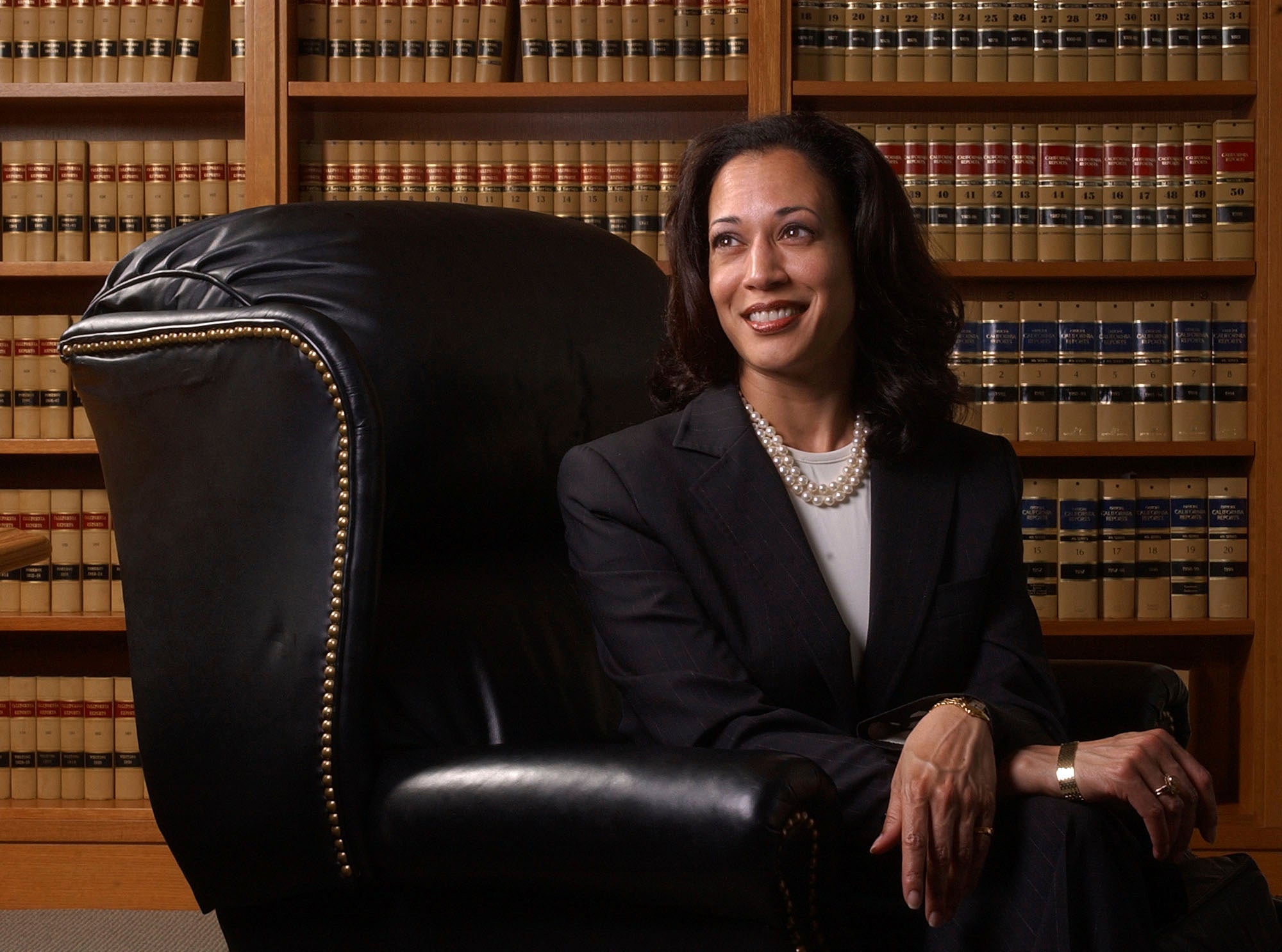
The president’s team vowed to hang tough. Even on Friday morning, his campaign chair, Jen O’Malley Dillon, declared on the MSNBC programme Morning Joe that “he’s not going anywhere … Absolutely, the president is in this race, you’ve heard him say that time and time again … He is the best person to take on Trump.”
The pressure on Biden to withdraw, however, became increasingly unrelenting, with the most senior figures in the Democratic Party, such as Senate majority leader Chuck Schumer, House minority leader Hakeem Jeffries and former House speaker Nancy Pelosi, asking him to reconsider his position. Barack Obama finally broke his silence on the matter to join them.
The end came quickly, as it often does in these high political dramas, with the president declaring on Sunday that he would not run in the election and endorsing his vice-president, Kamala Harris, as his successor.
Many on the president’s team learned about his withdrawal through X, formerly known as Twitter. It was a poignant but fitting ending to a dysfunctional campaign that may have paved the way to Trump redux, with all the foreboding and fear that possibility brings.






